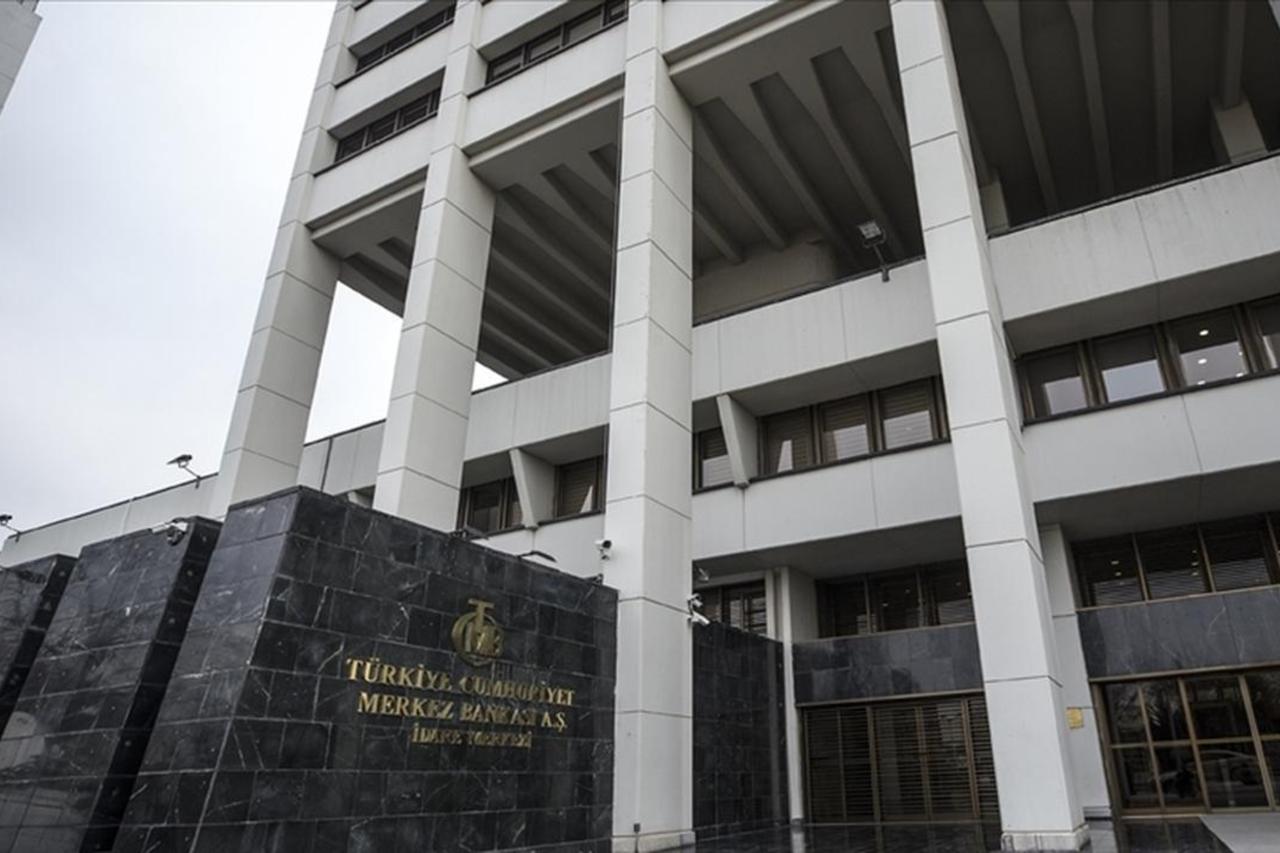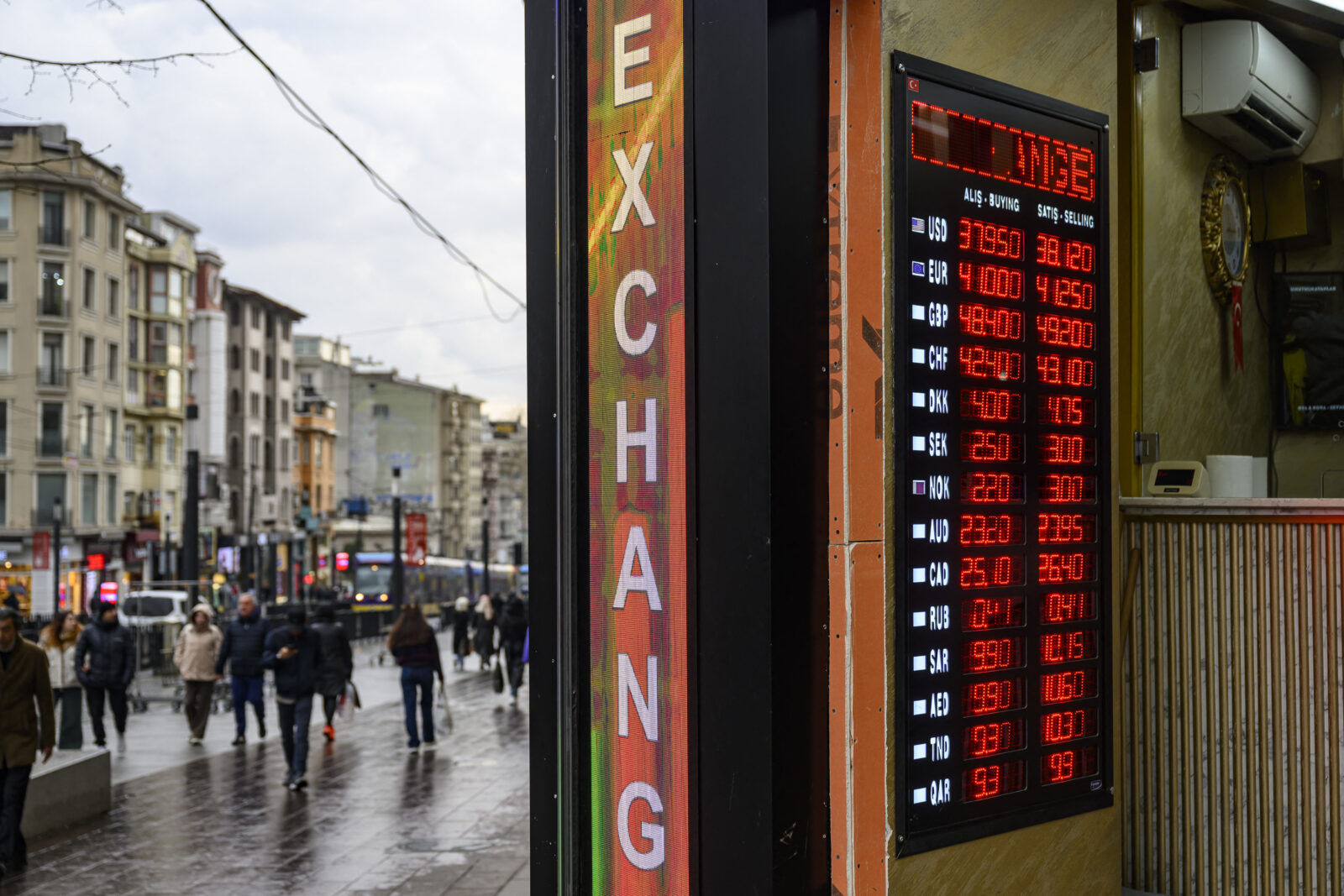
With half the year now behind, Türkiye is preparing to enter the next one without a tool that has defined much of its recent economic strategy over the past years. The government aims to end the currency-protected deposit program, known as KKM, by the close of 2025.
Launched in December 2021 amid a period of intense currency volatility, Türkiye’s KKM scheme was designed to stabilize the Turkish lira and ease public concerns over rapid depreciation. The program allowed lira deposit holders to receive compensation if the currency weakened beyond the interest earned on their accounts, with the difference covered by the Treasury or the central bank.
The KKM was introduced as a stopgap measure during an economic crisis that had seen the Turkish lira lose significant value against the dollar. In its first phase, the scheme appeared to briefly calm markets. The exchange rate fell from ₺18 to ₺12 in the days following the announcement. However, this relief proved temporary, and the lira resumed its downward trajectory in the months that followed.

Despite its initial appeal, the KKM’s long-term fiscal burden quickly became evident. As the lira continued to depreciate, the government found itself increasingly responsible for covering the gap between interest rates and the rising exchange rate. This translated into substantial liabilities for both the Treasury and the central bank.
By December 2022, the exchange rate had returned to over ₺18 per dollar, effectively nullifying the early gains achieved through the scheme. The mechanism, intended to relieve pressure on the currency, began to exacerbate fiscal challenges, placing additional strain on the state budget in a period already marked by high inflation and widening deficits.
Following the May 2023 general elections, Türkiye’s economic leadership underwent a significant overhaul. The new administration, under Treasury and Finance Minister Mehmet Simsek, signaled a more orthodox approach to economic policy. One of the clearest markers of this shift was a commitment to phase out the KKM without destabilizing financial markets.
In line with this message, authorities began introducing a series of incentives to encourage a return to traditional lira savings accounts. These measures aimed to make the lira more attractive without the need for state-backed guarantees. The central bank also moved to raise interest rates gradually, contributing to a more favorable environment for conventional deposits and diminishing the relative appeal of KKM accounts.

Despite the policy shift, the KKM reached its peak in August 2023, with the total volume of deposits under the scheme climbing to ₺3.41 trillion ($126.3 billion), according to data from the Banking Regulation and Supervision Agency (BDDK). The increase made it certain that the trust for the economic management wasn’t there with any measures back then.
However, the tide began to turn toward the end of 2023. As interest rates climbed and macroeconomic signals improved, depositors gradually shifted away from KKM products. By December, the total volume had fallen to ₺2.63 trillion, signaling the beginning of a new phase in Türkiye’s monetary transition.
At the start of 2025, KKM deposits stood at ₺1.11 trillion ($31 billion). This figure has continued to shrink steadily, dropping to just over ₺506 billion by July 18. The pace of the decline has reflected a combination of regulatory discouragement, improved market sentiment, and growing confidence in the Central Bank’s stabilization policies.
In its most recent monetary policy statement, the central bank formally announced that the KKM would be discontinued in 2025 as part of its broader simplification strategy. The move is seen as a decisive step toward normalizing monetary policy after several years of unorthodox interventions aimed at curbing market instability.
The phase-out of the KKM is more than just a technical adjustment; it signals Türkiye’s intent to move away from emergency tools and back toward traditional macroeconomic management. The shift is also being closely watched by markets, which view the gradual rollback of the scheme as a test of the government's ability to restore policy credibility.
While challenges remain, particularly in anchoring inflation and stabilizing the currency, the end of KKM could open space for a more sustainable and transparent economic model. If successfully managed, it could also help reduce Türkiye’s fiscal risks and improve investor confidence, especially among those wary of politically driven market interventions in recent years.